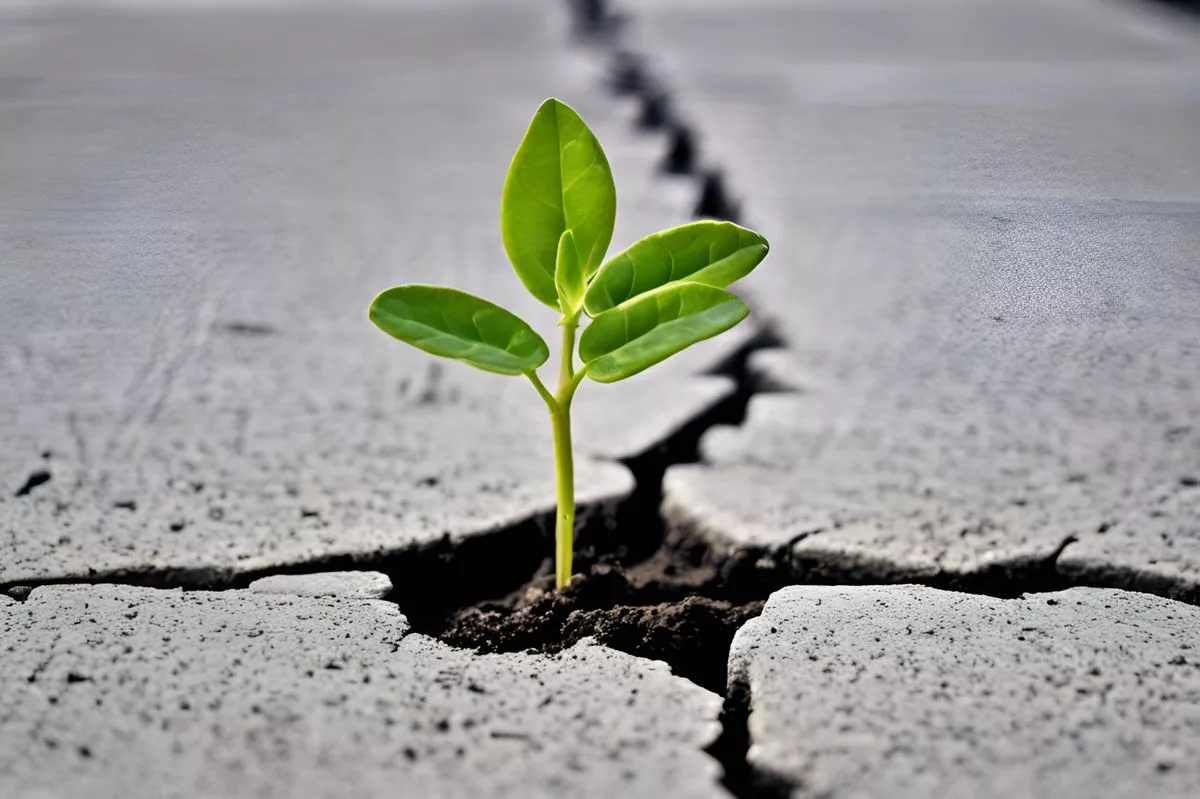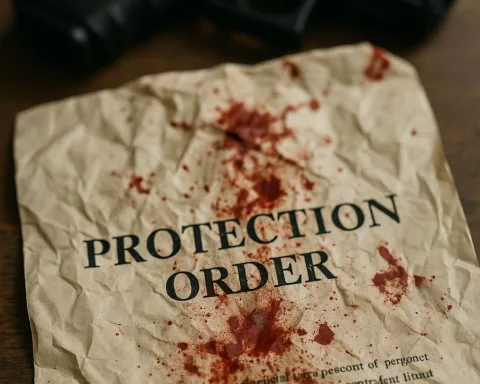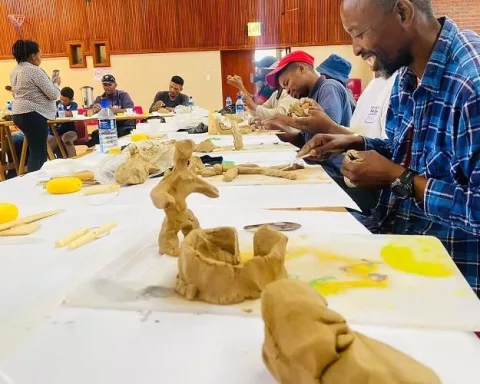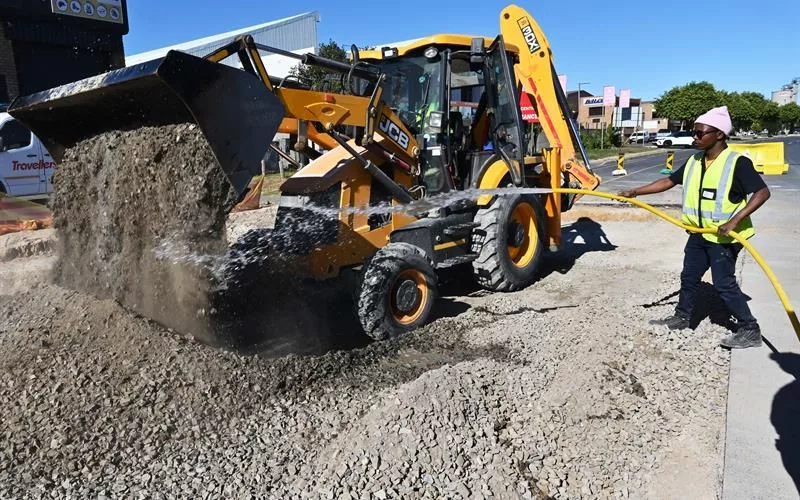Women for Change, a non-profit organization, is making progress in combating gender-based violence and femicide in South Africa, despite financial challenges. Their advocacy and support for survivors have helped create a supportive community and garnered nearly 400,000 followers on social media. However, funding deficits threaten the organization’s survival, but a Back-a-Buddy campaign has garnered support from over 183 unique donors. While progress has been made, the increasing rates of femicide and GBV remind us of the work that remains.
South Africa’s Battle Against Gender-Based Violence and Femicide
Find out how Women for Change is taking a stand against gender-based violence and femicide in South Africa. Despite facing financial challenges, the non-profit organization has made remarkable progress in aiding survivors and creating a supportive community. Learn about their Back-a-Buddy campaign, which aims to secure funding and provide necessary resources for the organization’s survival.
The Ongoing Crisis
South Africa’s ongoing struggle with gender-based violence and femicide (GBVF) is a deeply troubling matter that requires immediate attention. Last year alone, an alarming number of over 4,000 women tragically lost their lives to male violence. Amid this horrifying landscape, a non-profit organization, Women For Change (WFC), has risen as a ray of hope for survivors. The organization provides advocacy, support, and a platform for survivors to share their suppressed narratives.
However, WFC faces a substantial financial crisis, threatening its existence despite its unwavering commitment and tireless efforts to combat this escalating calamity. The organization’s possible closure could deprive countless survivors of crucial support they heavily depend on.
The Journey of Women For Change
From 2016 to 2019, WFC made its mark by orchestrating a series of successful WFC Races to draw attention to GBVF. Unfortunately, the Covid-19 pandemic in 2020 brought these events to a standstill. Unfazed, WFC turned to social media as a powerful instrument for driving change. They started spotlighting stories of South African women and aiding survivors on their path to recovery.
The organization’s endeavors yielded impressive results, with nearly 400,000 followers joining their social media platforms. They extend a helping hand to over 1,000 survivors per month, creating a haven for healing and empowerment. Remarkably, in April 2024 alone, they garnered over 28 million impressions across social media channels. More than 1 million people engage with their content each month, fostering an active, supportive community.
Despite these laudable accomplishments, the future of WFC’s operations remains uncertain due to a severe funding deficit.
The Founder’s Perspective
Sabrina Walter, the founder of WFC, openly admits, “For the past four years, I have been single-handedly running this organization without any external funding. If we do not secure funding by August 2024, we will be forced to cease operations.”
Despite these challenges, WFC has made considerable progress. Witnessing survivors achieve justice and regain their power serves as an inspiration for Walter, even amid the emotional exhaustion. Walter’s words resonate with determination and fortitude, “Many stories have become a part of me and inspire me to work harder. We need more than just passion; we need resources to keep operating.”
Funding Initiatives and Positive Change
In an attempt to secure the necessary funding and employ a full-time team, WFC has initiated a Back-a-Buddy campaign. They aim to garner contributions from sympathetic individuals, philanthropists, and supportive businesses to equip the organization with the resources needed for survival. As of now, over 183 unique donors have rallied behind WFC by contributing towards their fundraising target of R800,000.
Amidst the precarious future WFC confronts, an essential positive shift has been noted – a growing number of individuals are vocal against GBVF. WFC has successfully nurtured a supportive environment where survivors are motivated to share their experiences, fostering a sense of community and collective resilience.
While WFC continues to fight GBVF, it is also pioneering in creating a safe platform for survivors to voice their experiences. However, the struggle against GBVF is far from conclusion. The increasing rates of femicide and GBV serve as stark reminders of the work that remains.
Walter is hopeful, stating, “On WFC accounts, more voices are being heard than ever before. Many survivors no longer feel isolated with their pain and trauma; they know they are not alone.” To extend your support to Women For Change, consider visiting and contributing to their Back-a-Buddy campaign.
What is Women for Change?
Women for Change is a non-profit organization dedicated to combating gender-based violence and femicide in South Africa. They provide advocacy, support, and a platform for survivors to share their stories.
What challenges does Women for Change face?
Women for Change faces a significant financial crisis, which threatens the organization’s survival despite its unwavering commitment and tireless efforts to combat gender-based violence and femicide.
What has Women for Change accomplished?
Women for Change has garnered nearly 400,000 followers on social media and extends a helping hand to over 1,000 survivors per month, creating a haven for healing and empowerment. They have successfully nurtured a supportive environment where survivors are motivated to share their experiences, fostering a sense of community and collective resilience.
Who is the founder of Women for Change?
Sabrina Walter is the founder of Women for Change.
What is the Back-a-Buddy campaign?
The Back-a-Buddy campaign is initiated by Women for Change to secure the necessary funding and employ a full-time team, aiming to garner contributions from sympathetic individuals, philanthropists, and supportive businesses to equip the organization with the resources needed for survival.
How can I support Women for Change?
You can support Women for Change by visiting and contributing to their Back-a-Buddy campaign.












